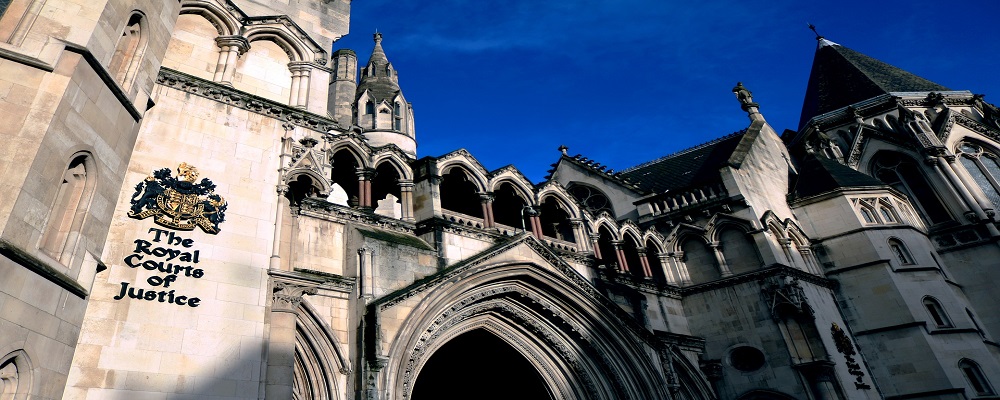Company Liquidation
The financial death of a Limited Company. A liquidator is appointed to oversee the realisation of any assets which are then distributed according to law. The directors of an insolvent company can put the company into liquidation voluntarily by holding a meeting with their creditors or the company can be wound up by the court following a winding up petition presented by a creditor of the company. If a company is wound up by the court matters are dealt with, initially at least, by the Official Receiver who will interview the directors. If a company does have assets it is normally preferable to appoint a liquidator voluntarily.
Administration
Administration protects the company from creditor action whilst a rescue route is finalised for a company. This could mean an orderly sale of the business assets to a new company formed to carry on the business by the existing directors or a sale to any other interested party. It could also mean protecting the business whilst a CVA (see below) is proposed to the creditors. Administration can only be proposed where there will be a greater return to creditors than if the company just went into liquidation.
Company Voluntary Arrangement (CVA)
This is a legally binding agreement between the company and its creditors whereby the company avoids liquidation if it maintains agreed repayments into the CVA over a period of years (normally 3 to 5). All unsecured debts up to the date of the CVA are included and creditors can benefit from obtaining a far better return than if the company was liquidated, as that return is normally zero.
Goldsmith Little – Call us now on 01253 713799
Goldsmith Little is a trading style of Cromwell Insolvency Marketing Limited

